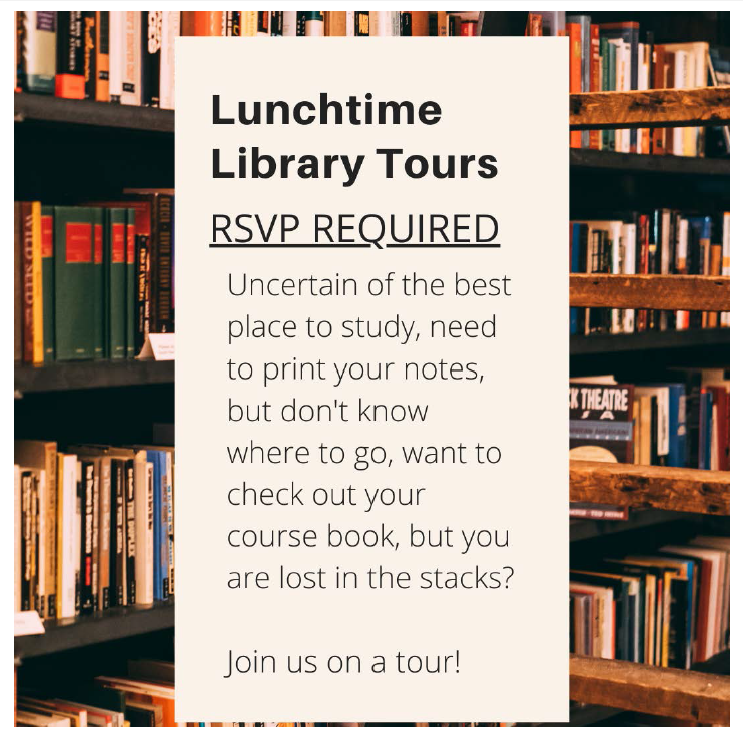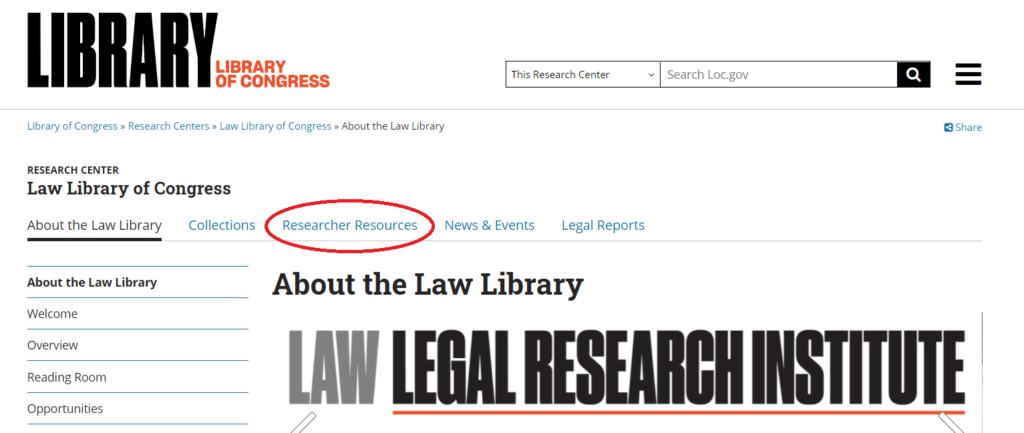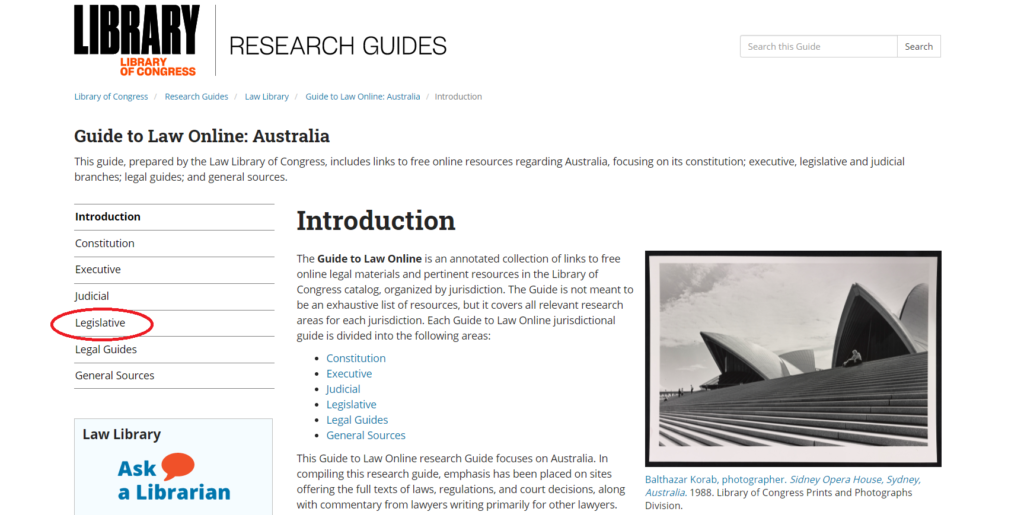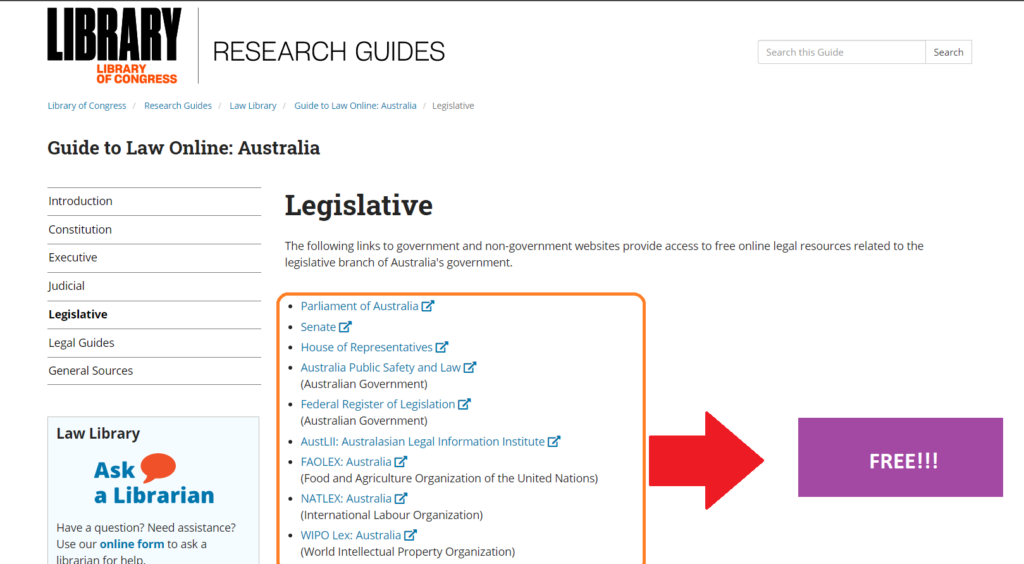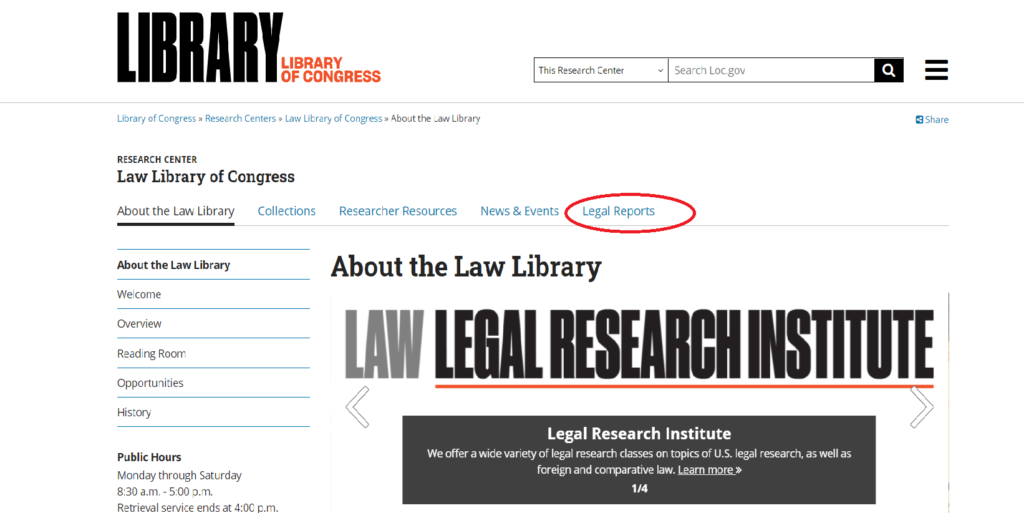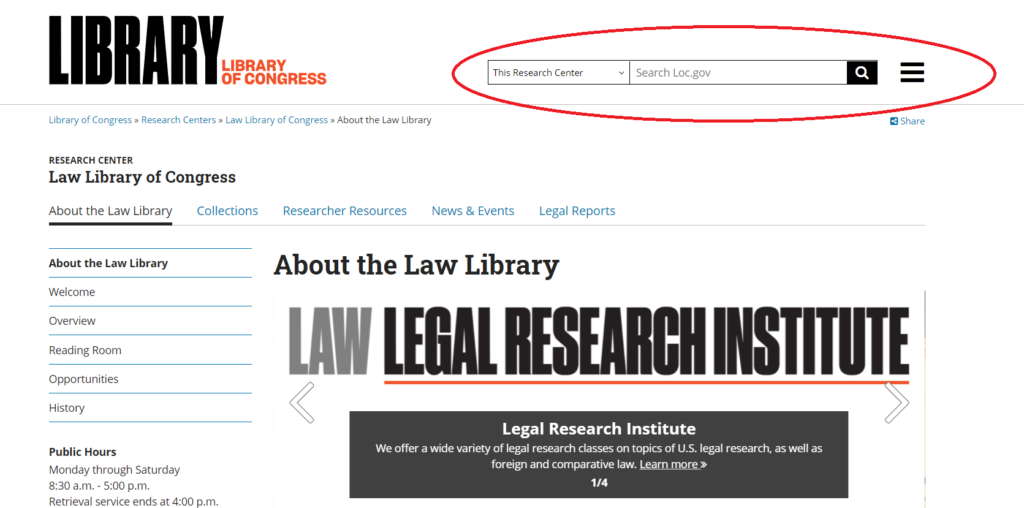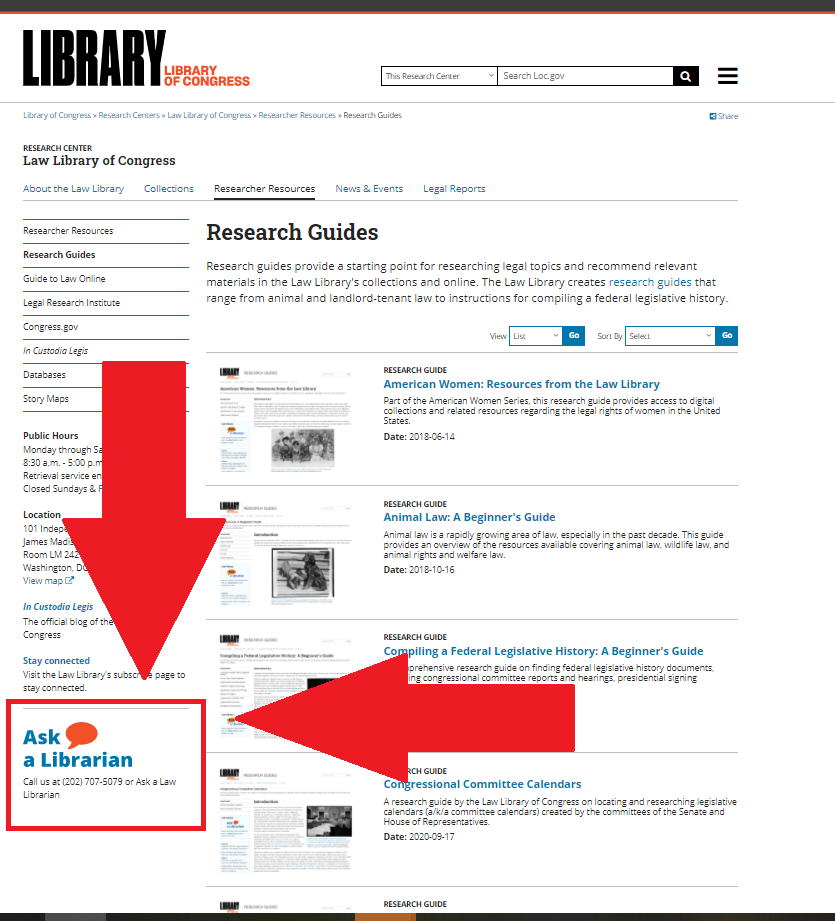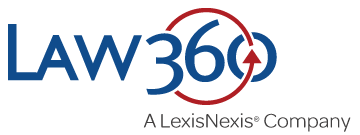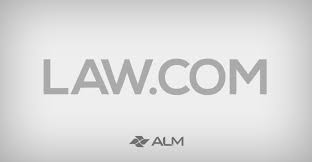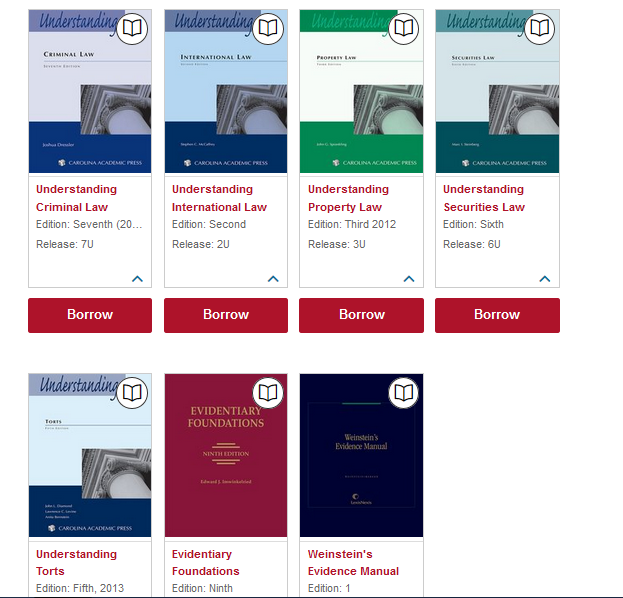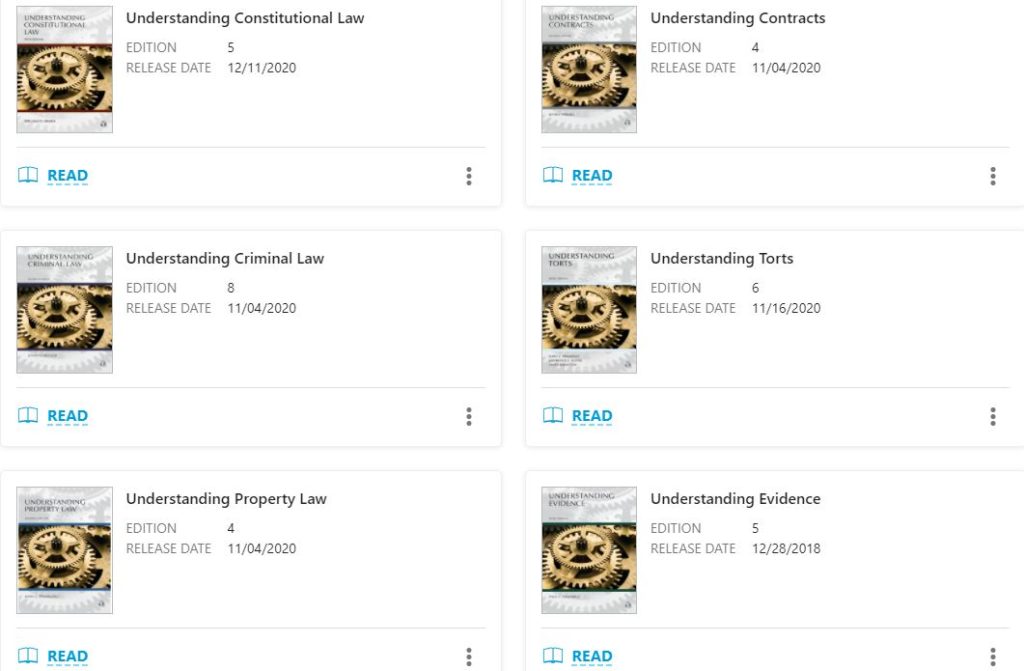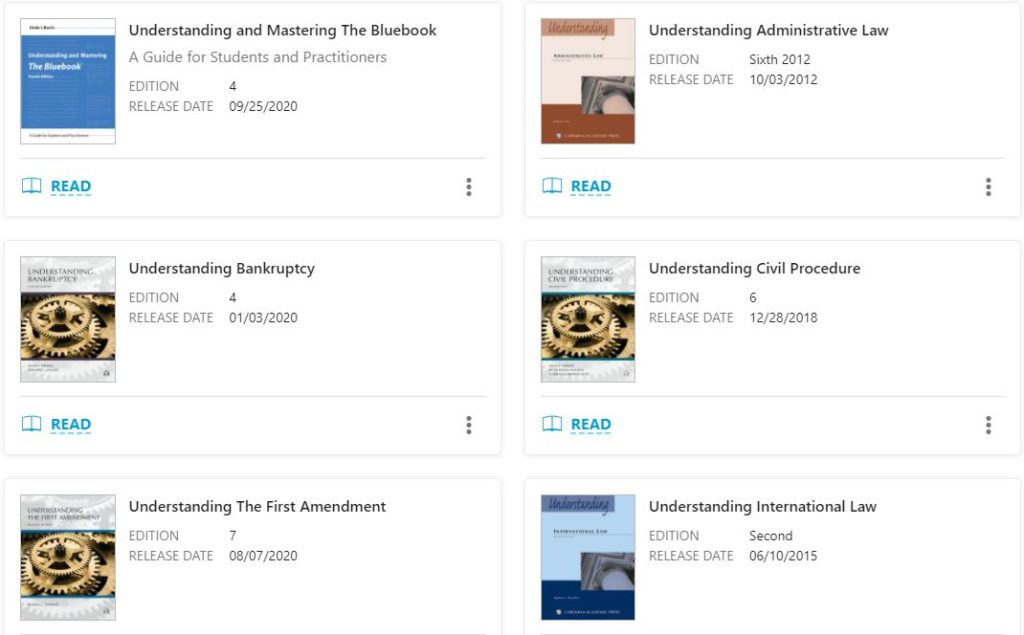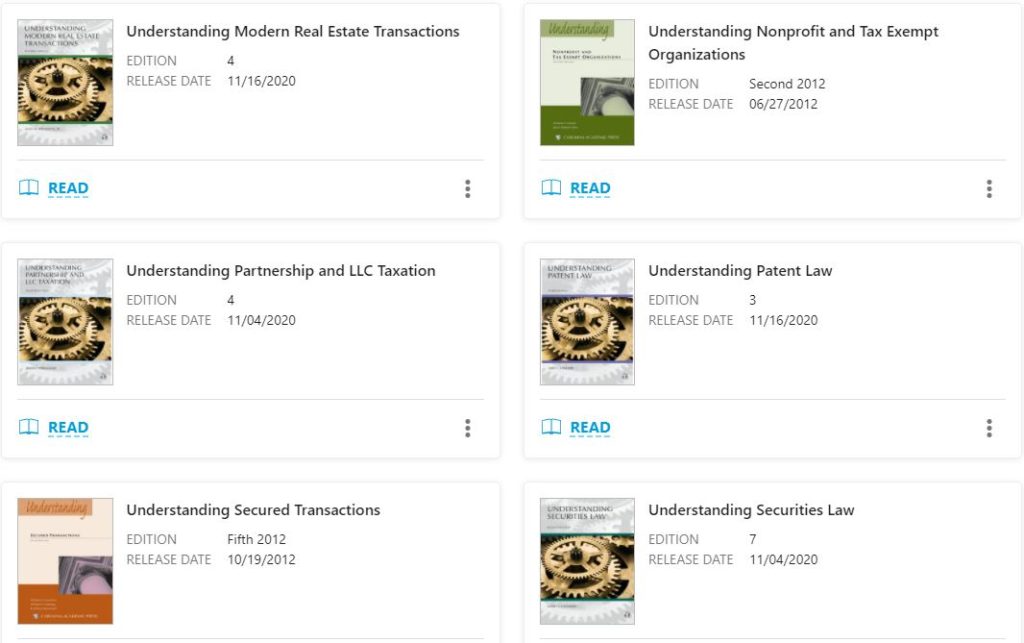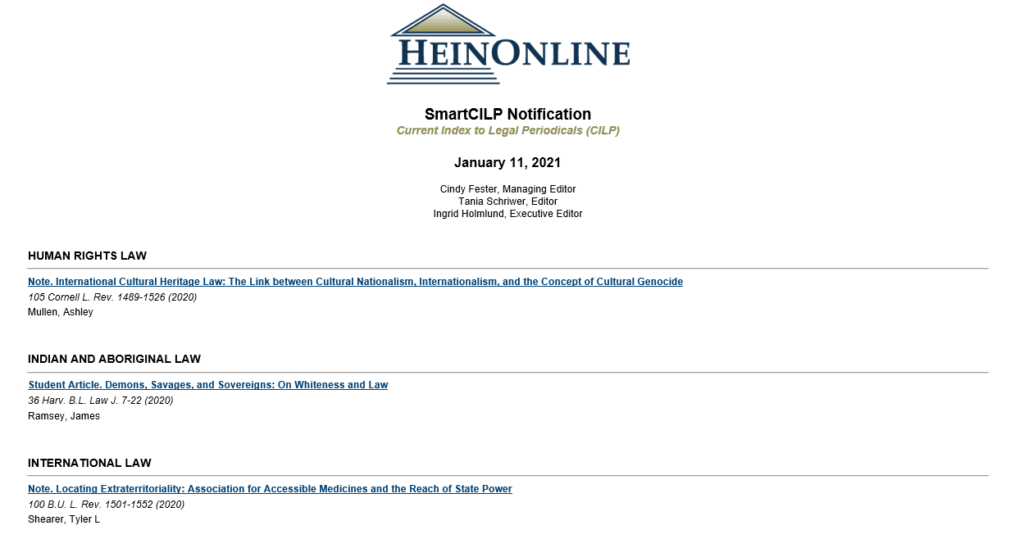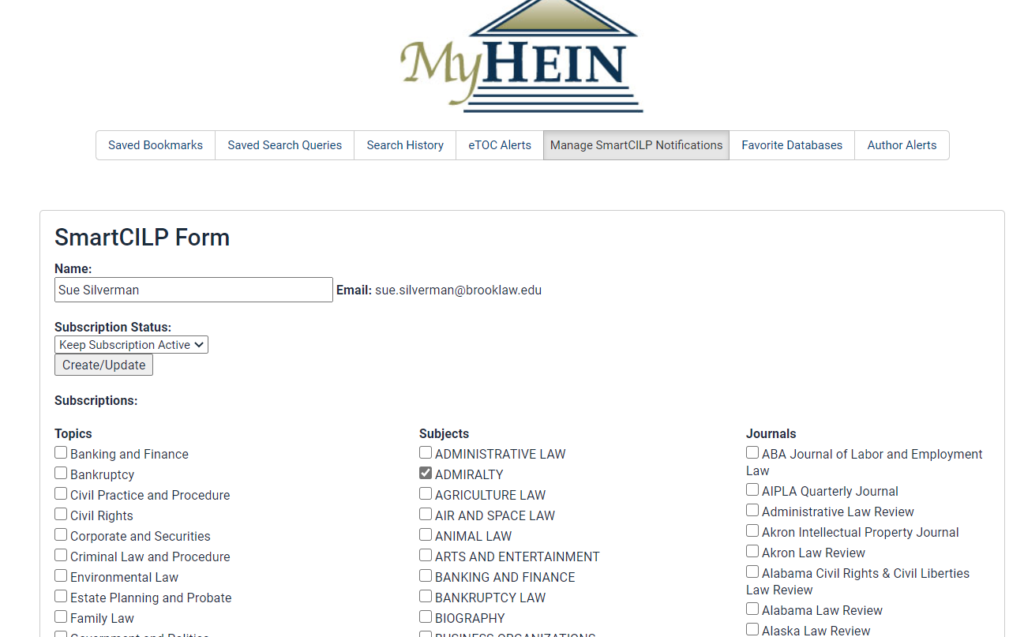
In light of the recent Supreme Court decision allowing SB8, Texas’s restrictive abortion legislation which effectively bans all abortion after 6 weeks (and undermines nearly 50 years of constitutional precedent established by Roe v. Wade) to go into effect, some students may be interested in researching the laws addressing reproductive rights nationally and internationally. This post will focus on some international sources of law regarding reproductive rights and right to safe legal abortions.
UN Treaty Bodies
The Office of the High Commissioner of Human Rights published an information pamphlet on abortion summarizing the opinions and comments of UN Human Rights Treaty Bodies. The pamphlet contains several helpful endnotes to primary source documents issued by UNHR bodies addressing abortion.
OHCHR: Human Rights Council
The UN Human Rights Council Working Group on discrimination against women and girls issued a 2016 report on the issue of discrimination against women in law and in practice on its mission to the United States of America in which it expressed regret that American women have “seen their rights to sexual and reproductive health significantly eroded…” (para. 28) and noted that “ever-increasing barriers are being created to prevent their access to abortion procedures.” (para. 68)
CEDAW
The Convention on the Elimination of United Nations (UN) Convention on the Elimination of Discrimination against Women (CEDAW), adopted 18 December 1979, entered into force 3 September 1981, 1249 UNTS 13 provides that there should be equal political, economic, social, cultural and civil rights for women regardless of their marital status and requires States to enact national legislation banning discrimination. As of the date of this post, 189 countries have ratified the Convention. Though the Carter administration signed CEDAW in 1980, the Bush and Reagan administrations opposed it and despite repeated hearings and recommendations from the Senate Foreign Relations Committee for its ratification, the United States is still not a party to the Convention. On the issue of reproductive rights and abortion, the Committee on the Elimination of Discrimination against Women has stated that “it is discriminatory for a State party to refuse to legally provide for the performance of certain reproductive health services for women.” (para. 11)
ICESCR
Nor has the United States ratified the International Covenant on Economic, Social and Cultural Rights, adopted 16 December 1966, entered into force 3 January 1976, 993 UNTS 3 , despite signing in 1977. As noted in the OHCHR’s pamphlet on abortion. the Committee on Economic, Social and Cultural Rights has explained that as part of the obligation to eliminate discrimination, States should address “criminalization of abortion or restrictive
abortion laws.” (para. 34)
Human Rights Council Special Rapporteur on extrajudicial, summary or arbitrary executions on a gender-sensitive approach to arbitrary killings
The Report of the Special Rapporteur on extrajudicial, summary or arbitrary executions on a gender-sensitive approach to arbitrary killings has also noted that the “death of a woman, where it can be medically linked to a deliberate denial of access to life-saving medical care because of an absolute legal ban on abortion, would not only constitute a violation of the right to life and an arbitrary deprivation of life, but would also amount to a gender-based arbitrary killing…” (para.94)
Council of Europe
European human rights law also mandates access to safe abortion and reproductive health services to protect the health of women and girls. The Committee on Equal Opportunities for Women and Men has stated that it “considers that a ban on abortions does not result in fewer abortions, but mainly leads to clandestine abortions, which are more traumatic and more dangerous.” Most recently, the Council issued an interim resolution calling on Poland to adopt clear and effective procedures on steps women need to take to access lawful abortion.
Remember, if you have any questions about legal research to stop by the reference desk or reach out to askthelibrary@brooklaw.edu. Happy researching!

